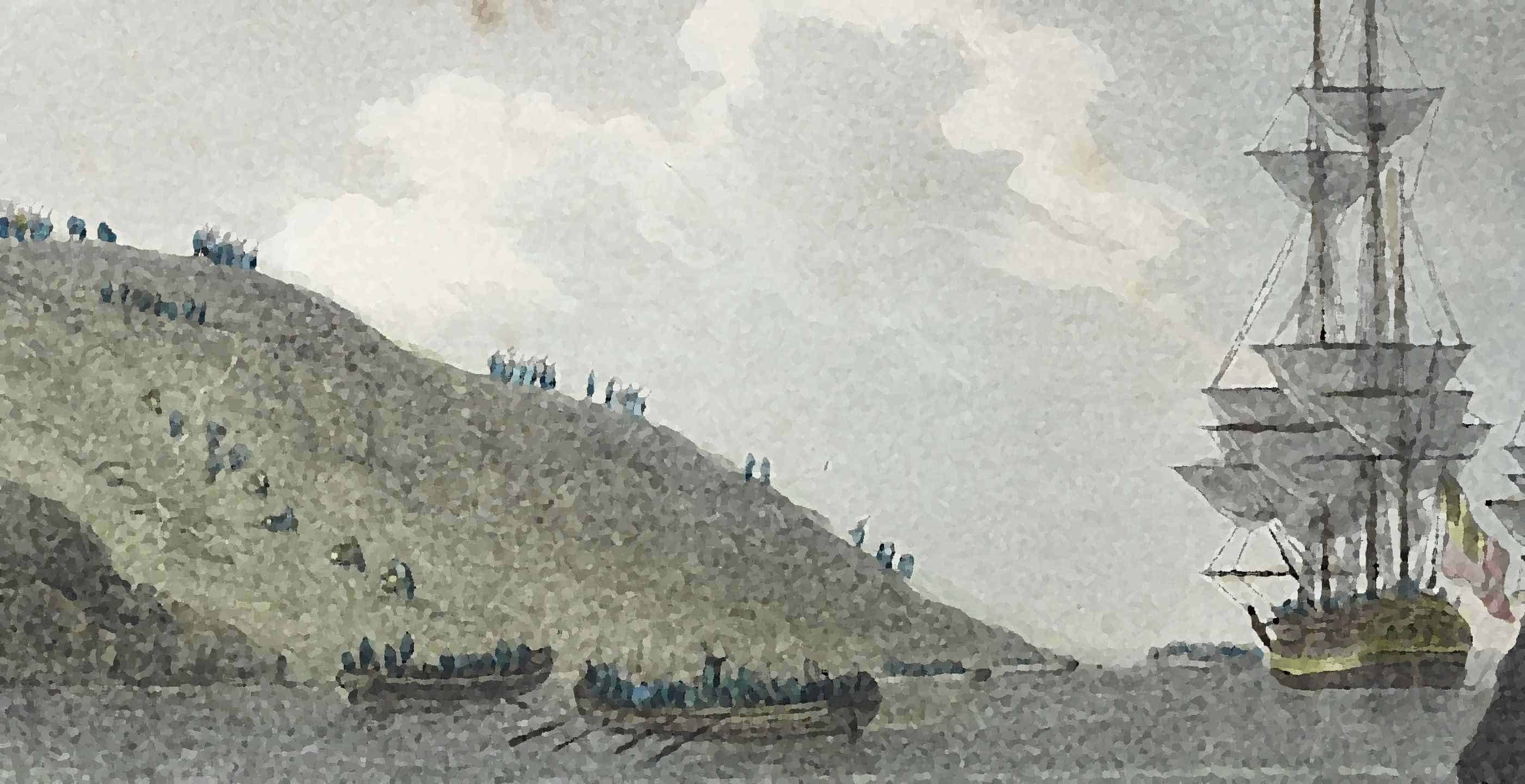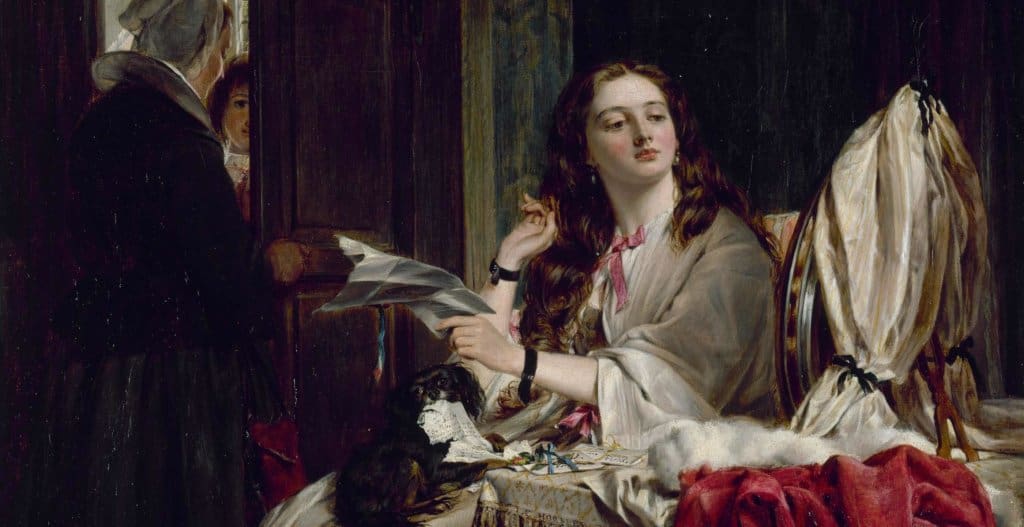Readers should always check with local Tourist Information Centres (TIC’s) that events or festivals are actually taking place before setting out to attend.
Permanent dates in February
| 1st February | The Celtic Feast of Imbolc | Throughout the UK | Imbolc was the second of the four great fire festivals. At Imbolc, Brighid, the daughter of Daga, was pregnant with the seed of the Sun. She was ripe with the promise of new life, as the seeds of the earth deep within its soil begin to awaken at this time, thus signaling the return of spring.
Imbolc, which literally means “in milk”, traditionally has marked the lactation period of ewes and cows. Ewes are unable to produce milk until after they bear their young, which occurs at this time. Since milk was very important to the basic survival of the tribes, this was a time of great joy. It meant that the end of a long winter was in sight, and green pastures were only a few months away. During the Imbolc ritual it was customary to pour milk (or cream) onto the earth. |
| 2nd February | Candlemas Day | Throughout the UK | This, being the fortieth day after the birth of Christ, it was the day on which, the purification of the mother and the presentation of the son should occur. Also known in England as The Wives’ Feast.
“If Candlemas Day be fair and bright, |
| 2nd February | Jedburgh’s Ball Game | Jedburgh, Roxburghshire | A ball game played by two teams made up of ‘everyone that wants to play’. The game has very few rules and is played with a ball approximately the size of a baseball. The object being to get the ball past a certain marker. Legend recalls that following a local battle the first game was played by Scottish soldiers with an Englishman’s head. |
| 3rd February | The Feast of St Blaize | St Etheldreda’s Church, Ely Place, London | The patron saint of people afflicted with throat complaints. During a ceremony at the church sufferers’ throats are blessed when touched by two candles bound together. |
| 13th / 14th February | Blessing the Salmon Nets | Pedwell Beach, Northumberland | Close to midnight on 14th fishermen gather on the banks of the River Tweed where the vicar of nearby Norham blesses the nets and boats. The fishermen then set out to make their first catch of the season |
| 14th February | St Valentine’s Day | Throughout the UK | Originally a pagan priest in third century Rome, St Valentine became a Christian convert. Despite being noted for his chastity, he became the patron saint of lovers. It became an old country custom to choose sweethearts on his feast day. The earliest Valentine cards written on parchment appeared in the fourteenth century. |
| 14th February | Valentine Fair | King’s Lynn, Norfolk | |
| 24th February | St Matthias’s Day | The thirteenth Apostle -patron saint of carpenters and tailors. In a leap year, this feast is observed on February 25. |
Flexible dates in February
| Sunday closest to 2nd February | Cradle-Rocking Ceremony | Blidworth, Nottinghamshire | Although banned in the Reformation cradle rocking was revived in Blidworth in 1923. The ceremony involves the rocking of an infant in a cradle, in remembrance of the Presentation of Christ in the Temple. |
| First Monday after 3rd February (Feasten Day) | Hurling the Silver Ball | St Ives, Cornwall | The game starts when the ball is thrown from the wall of the parish church of St Ia. Whoever holds the ball at the stroke of noon wins the prize of a crown piece. |
| Shrove Tuesday | Pancake Ceremony | Scarborough, Yorkshire | The connection between pancakes and Shrove Tuesday dates back to when fasting in Lent was strictly observed. The pancake ceremonies provided the opportunity to use up the households butter, eggs and flour. |
| Shrove Tuesday | Pancake Races | Olney, Buckinghamshire; Winster, Derbyshire; Stone, Kent; Lincoln’s Inn Fields, London; Whitby, Yorkshire | Some of the races can be dated back to as early as 1445. Legend recounts a housewife who was cooking when she heard the church bells calling the faithful to prayer. Afraid of being late, she ran to the church still clutching the frying pan in which the pancake was still cooking. |
| Shrove Tuesday | Shrove Tuesday Football | Ashbourne, Shawcross, Derbyshire; Corfe Castle, Dorset; Chester-le-Street, Sedgefield, Durham; Alnwick, Rotherbury, Northumberland, Atherstone, Warwickshire | Not so much a game of football more a splendid free-for-all involving several hundred players. Dating back to the twelfth century the game was originally known as camping. The rules and area of play tend to be local to the town or village, with some prominent building e.g. church or pub, serving as the ‘goals’. |
| Shrove Tuesday | Shrove Tuesday Skipping | Scarborough, Yorkshire | The contest is run along a mile of ‘the front’ at this popular seaside resort. Ropes are provided and hundreds of folk take part annually. The ringing of the pancake bell in the museum signals that pancake making can commence in the town. |
| Shrove Tuesday | Jedburgh’s Second Ball Game | Jedburgh, Roxborough |
We have taken great care in recording and detailing the festivals, customs and celebrations presented in our Folklore Year calendar, if however you consider that we have omitted any significant local event, we would be delighted to hear from you.
Related Links:The Folklore Year – January |





